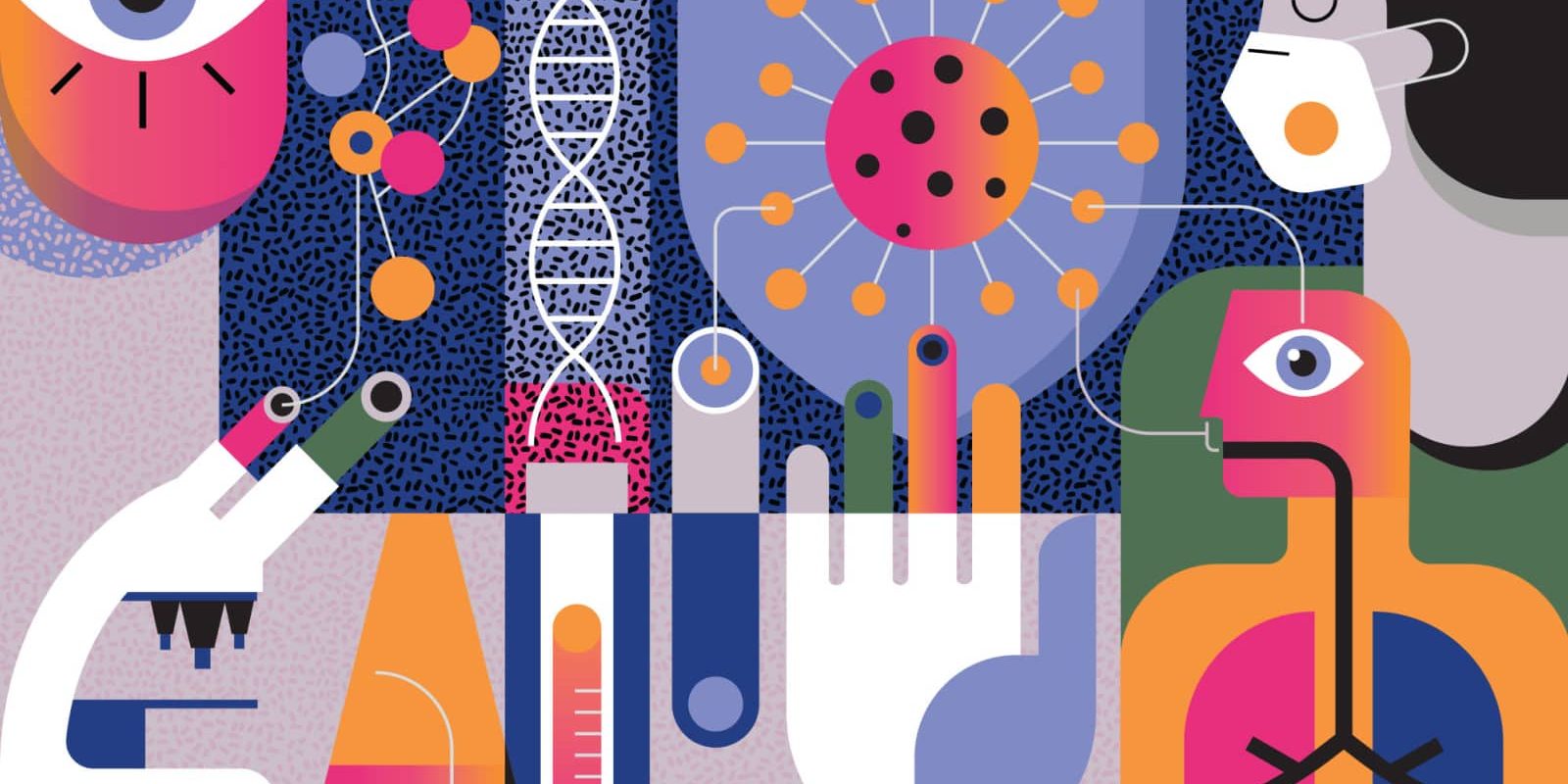But the fast-moving science of epigenetics is changing a lot of preconceptions about gene expression.
According to the Australian Academy of Science, epigenetics is “an additional layer of instructions that lies on top of DNA, controlling how the genes are read and expressed”.
Importantly, they can be influenced by external and environmental factors including lifestyle.
In other words, your diet, and your exposure to pollutants, including tobacco and alcohol as well as environmental toxins, may all have an impact on the ‘epigenome’.
That’s the chemical compounds and proteins that attach to DNA and modify their function.
When this happens, they are said to have “marked” the genome, according to the National Human Genome Research Institute in the United States.
While these marks do not change the sequence of the DNA, they alter the way the cells use the DNA’s instructions, it confirms.
Epigenetics and disease
Errors in the epigenetic process can lead to abnormal gene activity and cause genetic disorders or disease, believe researchers.
Conditions including cancers, metabolic and degenerative disorders, as well as nervous system disorders, allergies and even ageing, have all been found to be related to epigenetic errors. More study is needed to understand the precise mechanisms and develop drugs or scientific interventions that may repair damaged DNA if our body cannot do this itself.
At least three systems currently considered to initiate and sustain epigenetic change – DNA methylation, histone modification and non-coding RNA (ncRNA)-associated gene silencing – are the focus of research.
Staying healthy
As we age, we can accumulate an increasing amount of DNA damage that results in ageing or disease.
What is interesting, however, especially for individuals who want to function at peak level, is that we do have some power over how genes are expressed.
Studies have found that while young identical twins have nearly identical epigenomes, older twin pairs have striking differences.
Firstly, to make correct copies of our hereditary material, DNA, our body needs good nutrition, according to Australian professor Dr Michael Fenech, an internationally recognised researcher in nutritional genomics and genetic toxicology.
Some of the key nutrients that help protect this vital process include folate, vitamin B12, zinc and magnesium, he says.
To improve DNA methylation, involved in epigenetic change, natural health practitioners also suggest similar nutrients.
To learn more about epigenetics, go to: https://www.science.org.au/curious/epigenetics
In a nutshell
A healthy, non-processed diet high in fresh foods, especially vegetables, may be vital to keeping our genes healthy as well age. Limiting exposure to chemicals, including tobacco, alcohol and pesticides, are also key to reducing DNA damage.



